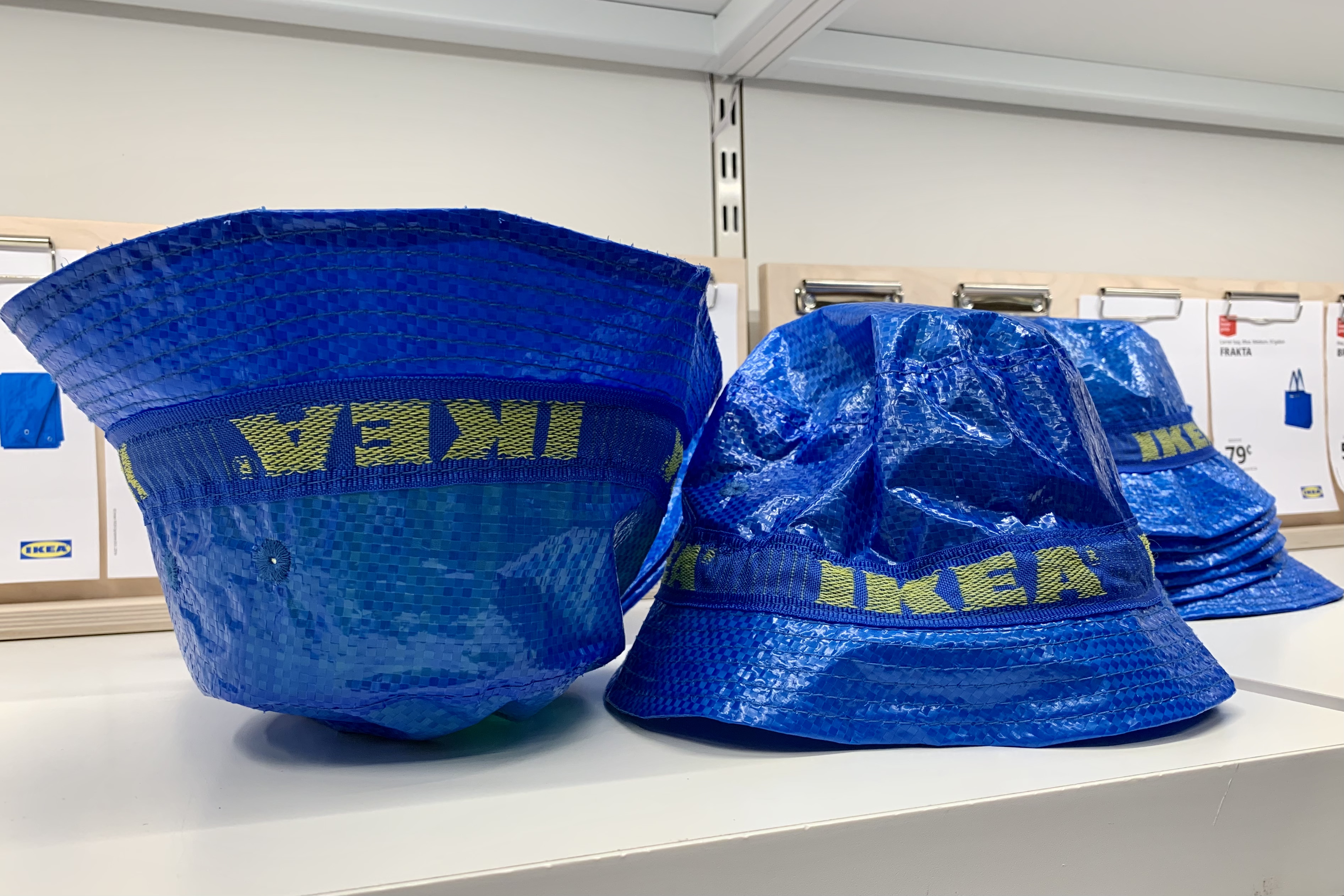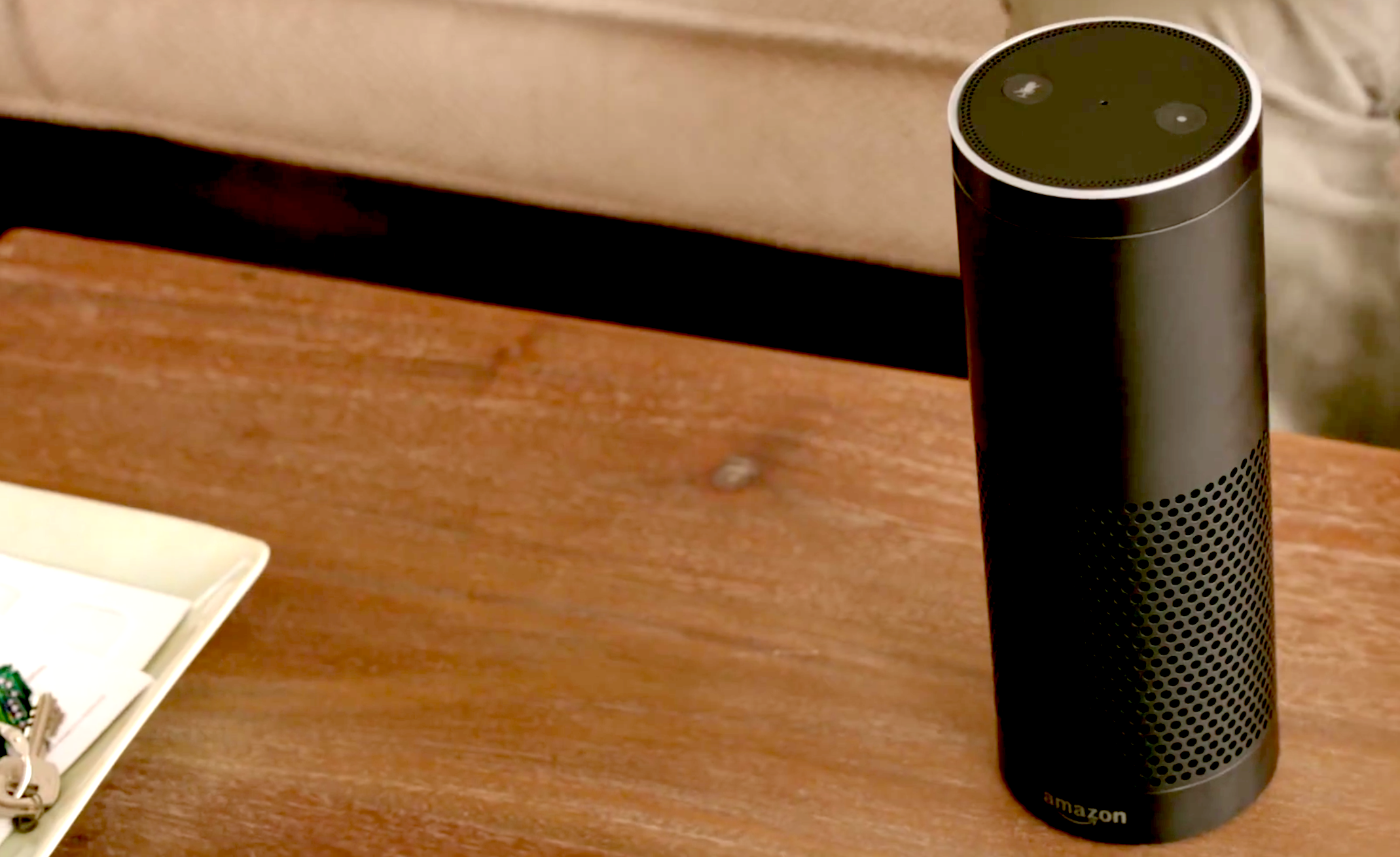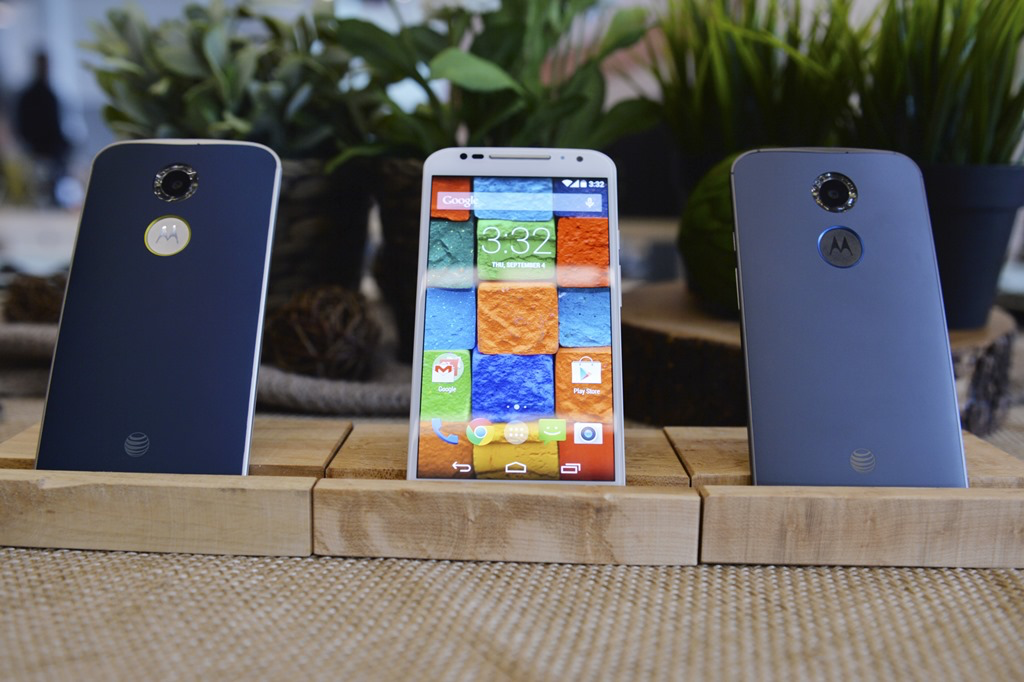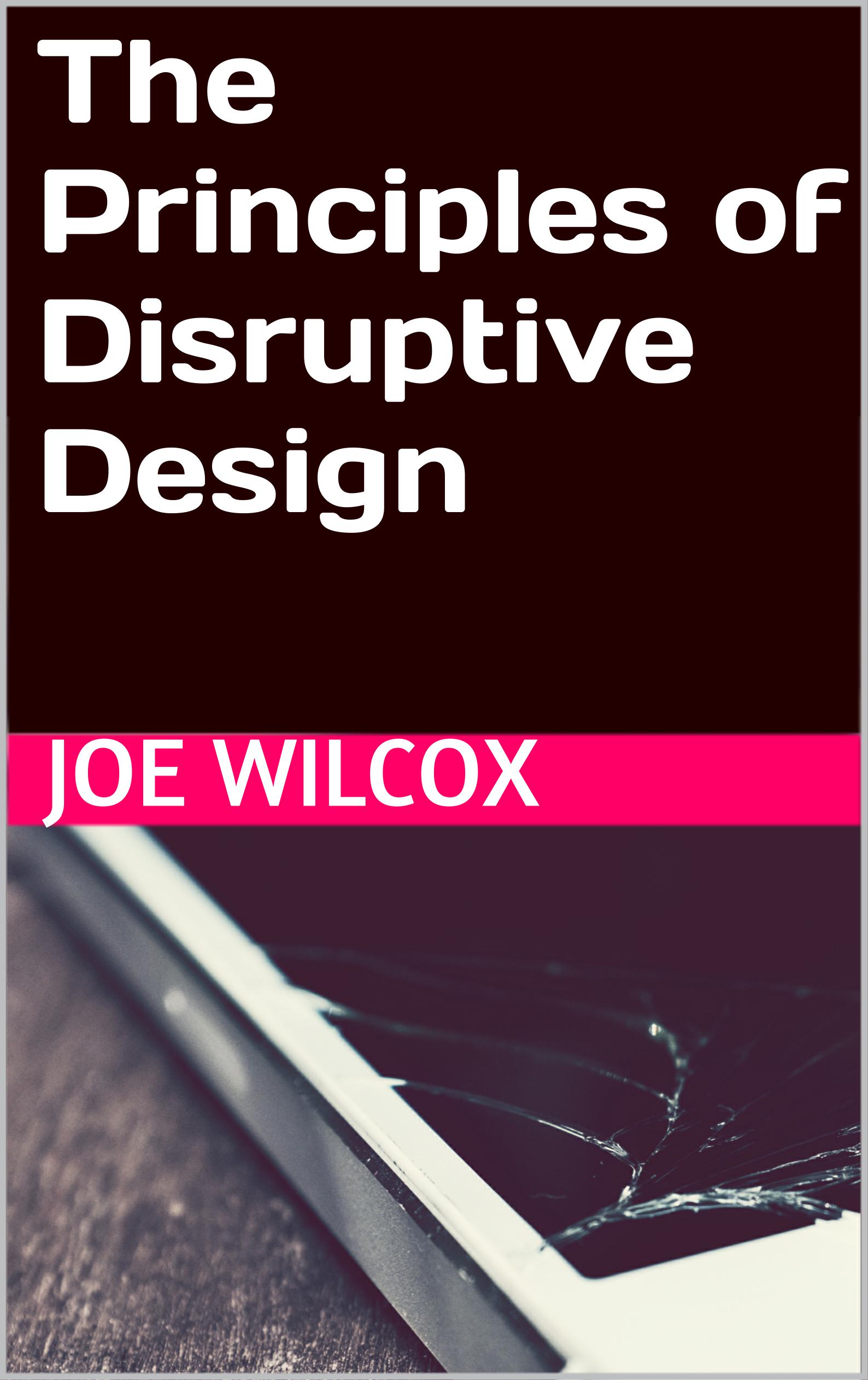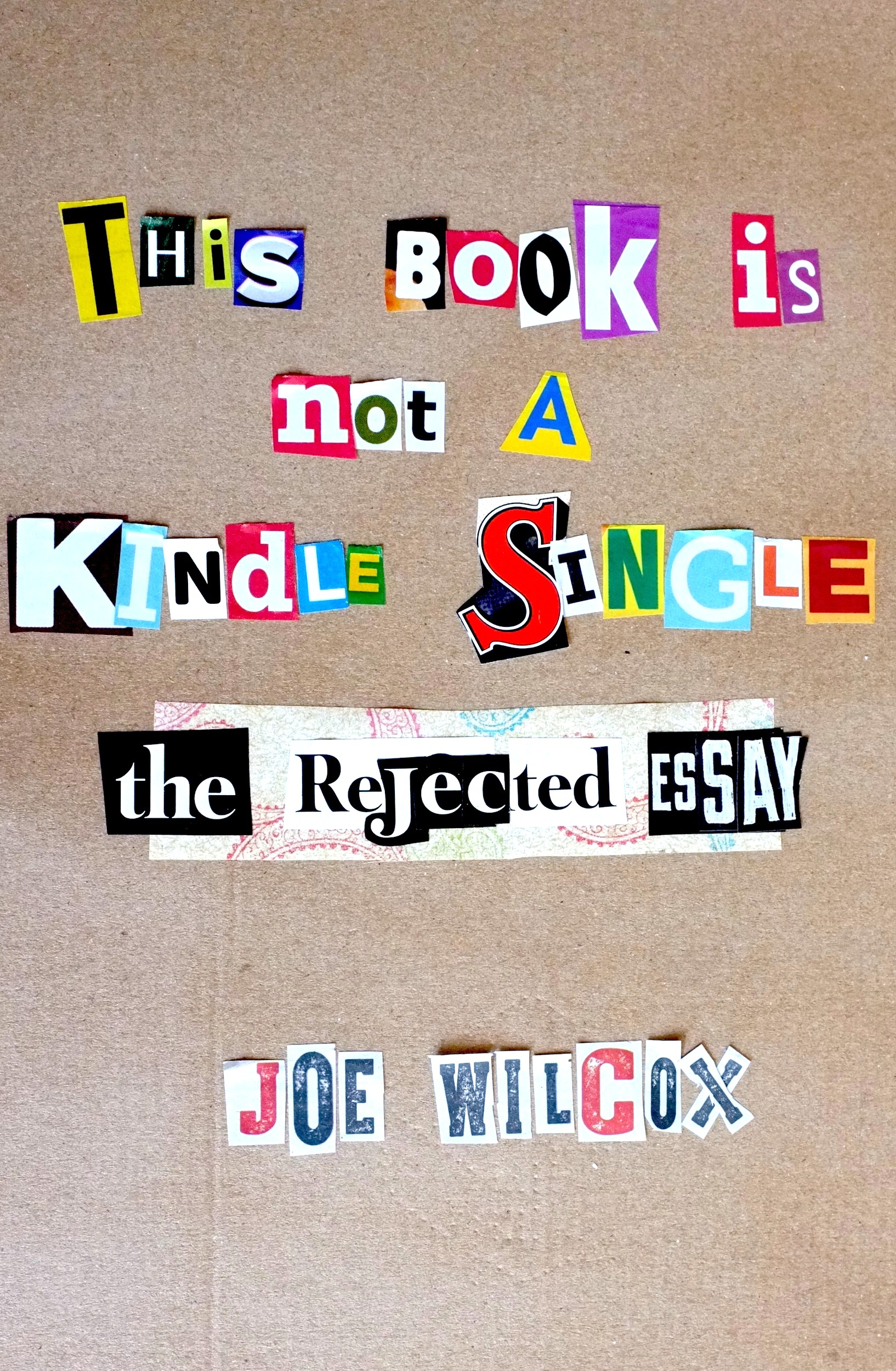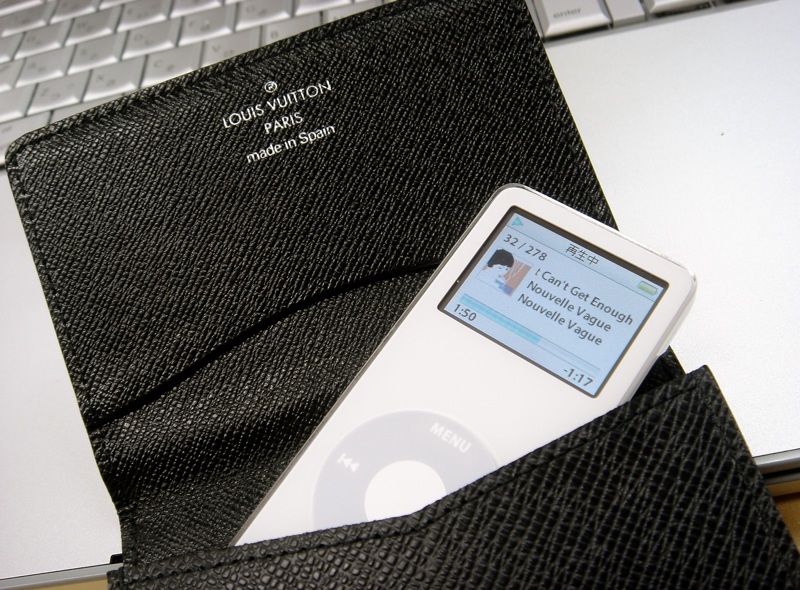For only the second time since the SARS-CoV-2 (severe acute respiratory syndrome Coronavirus 2)/COVID-19 lockdowns started 15 months ago, today my wife and I ventured to the local IKEA—a previously frequent haunt. Stark, barren, warehouse atmosphere sank both our moods. The place felt less like lively, stylish Scandinavian showcase of tasteful, affordable household furnishings and more like an apocalyptic wasteland.
Somewhere in the storage section, alongside various-sized blue and yellow-accented polypropylene bags and totes, I came upon the strangest thing: Heavily-logoed bucket hats made out of the same material. I remember wearing that style as a kid—and it was a favorite among the fishermen in Dad’s Allagash hunting parties. Suddenly, bucket hats are fashion-chic—a trend loosely taking hold in 2020 but exploding this year as people emerge from COVID confinement and return to something resembling normalcy.
